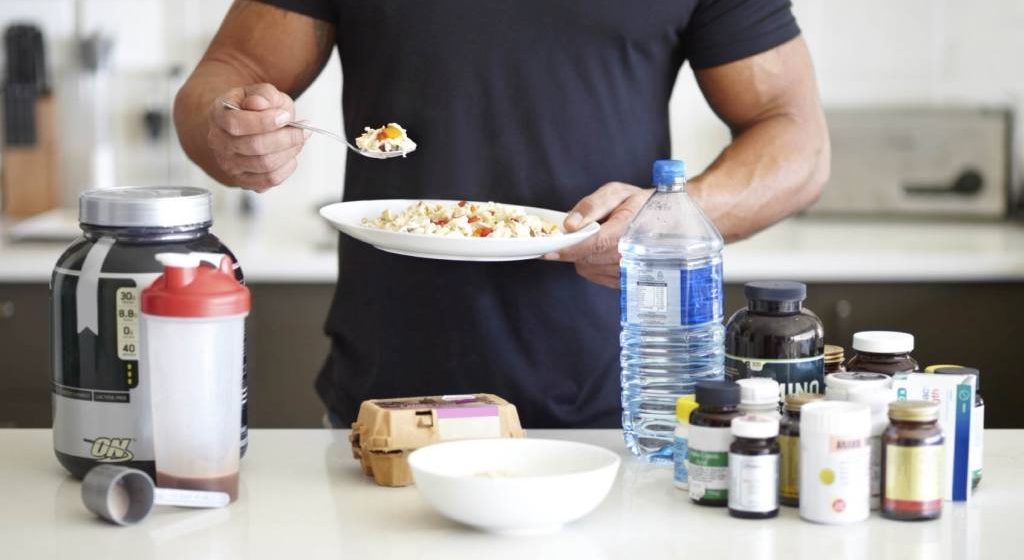When it comes to achieving your fitness goals, what you eat before a workout can be just as important as the workout itself. Pre-workout nutrition is essential for fueling your body, enhancing performance, and supporting recovery. Choosing the right foods can provide you with the energy you need to push through a tough workout while also helping to prevent fatigue and muscle breakdown. In this guide, we’ll explore what to eat before exercising to optimize your performance and get the most out of your training sessions.
The Importance of Carbohydrates
Carbohydrates are your body’s primary source of energy, particularly during high-intensity exercise. When you eat carbs, your body breaks them down into glucose, which is stored in your muscles and liver as glycogen. During exercise, your body taps into these glycogen stores to fuel your muscles. Eating a meal or snack rich in carbohydrates before your workout ensures that your glycogen levels are topped up, allowing you to perform at your best.
Opt for complex carbohydrates like whole grains, fruits, and vegetables, which provide a steady release of energy. Examples of good pre-workout carb choices include oatmeal with fruit, a banana with peanut butter, or a sweet potato. These foods are easy to digest and won’t weigh you down, making them ideal for pre-workout fuel.
The Role of Protein in Pre-Workout Nutrition
While carbohydrates are crucial for energy, protein plays a key role in muscle repair and growth. Consuming protein before a workout helps to kickstart muscle protein synthesis, the process by which your body repairs and builds muscle tissue. This is especially important if your workout involves strength training or resistance exercises.
Including a moderate amount of protein in your pre-workout meal or snack can also help to stabilize blood sugar levels, providing you with sustained energy throughout your workout. Good pre-workout protein sources include Greek yogurt, a protein smoothie, or a turkey sandwich on whole-grain bread. These options are easy to prepare and digest, making them convenient for a quick pre-workout boost.

Timing Your Pre-Workout Meal
When it comes to pre-workout nutrition, timing is everything. Eating too close to your workout can lead to digestive discomfort, while eating too early might leave you feeling hungry and fatigued during exercise. As a general rule, aim to eat a balanced meal containing both carbohydrates and protein about 2-3 hours before your workout. This allows enough time for your body to digest the food and convert it into usable energy.
If you’re short on time or prefer a lighter option, a small snack 30-60 minutes before your workout can also work. Just be sure to choose something that’s easy on your stomach and provides a quick source of energy, like a banana, a handful of nuts, or a slice of toast with almond butter.
Staying Hydrated for Peak Performance
Hydration is a critical component of pre-workout nutrition that often gets overlooked. Dehydration can significantly impair your performance, leading to fatigue, reduced endurance, and even dizziness or cramping. To stay properly hydrated, make sure you’re drinking water throughout the day, not just right before your workout.
In the hours leading up to your workout, aim to drink 16-20 ounces of water to ensure you’re adequately hydrated. If you’re exercising in hot or humid conditions, you may need to increase your fluid intake to compensate for the additional sweat loss. For longer workouts or intense training sessions, consider a sports drink that provides electrolytes to help maintain your body’s fluid balance.
Conclusion
Pre-workout nutrition is a crucial aspect of your fitness routine that can significantly impact your performance and results. By fueling your body with the right combination of carbohydrates, protein, and fluids, you’ll be better equipped to power through your workouts and achieve your fitness goals. Remember to time your meals appropriately to avoid discomfort, and listen to your body’s needs as you experiment with different foods and timing strategies. With a well-planned pre-workout nutrition routine, you’ll be setting yourself up for success in every training session.

